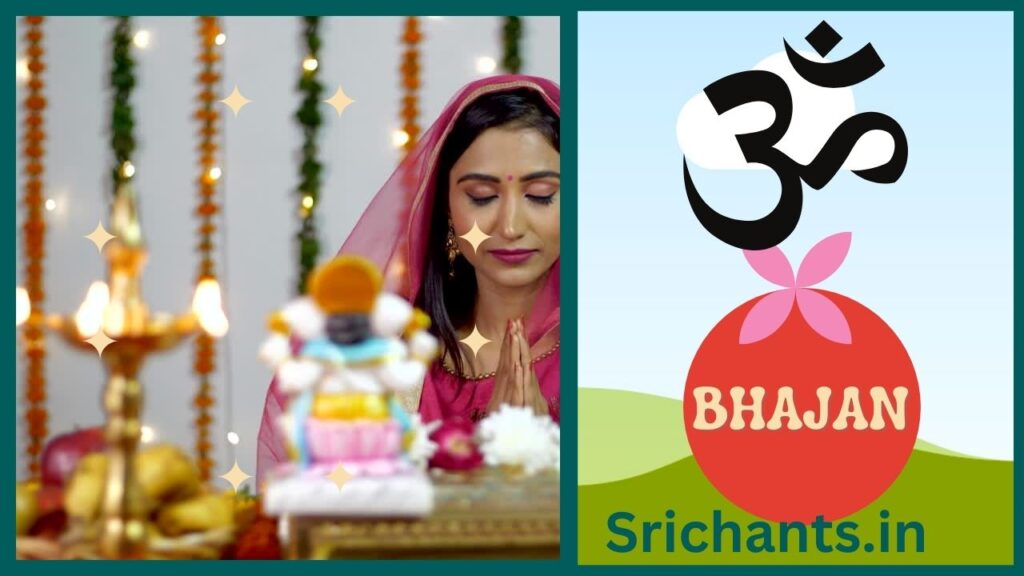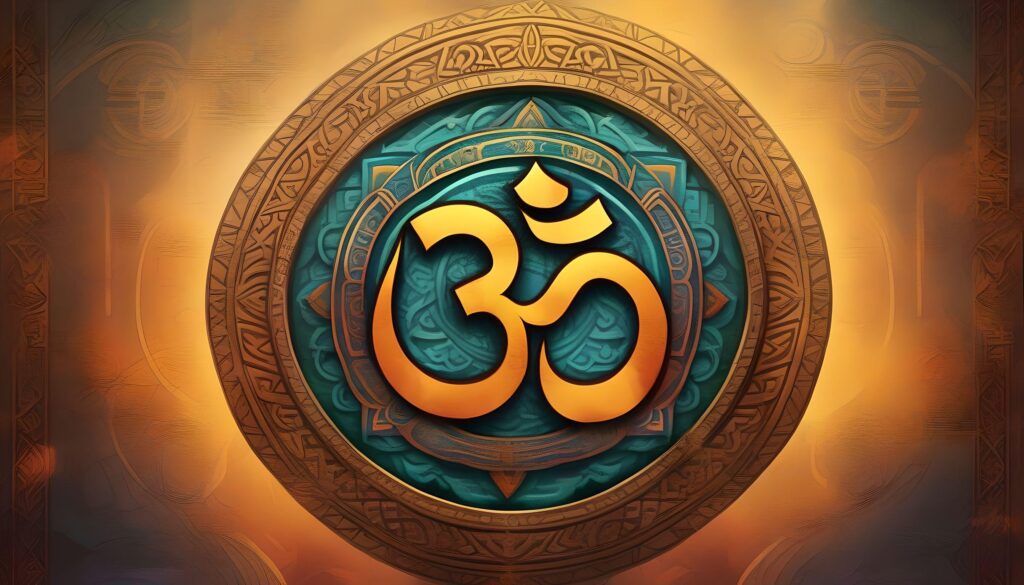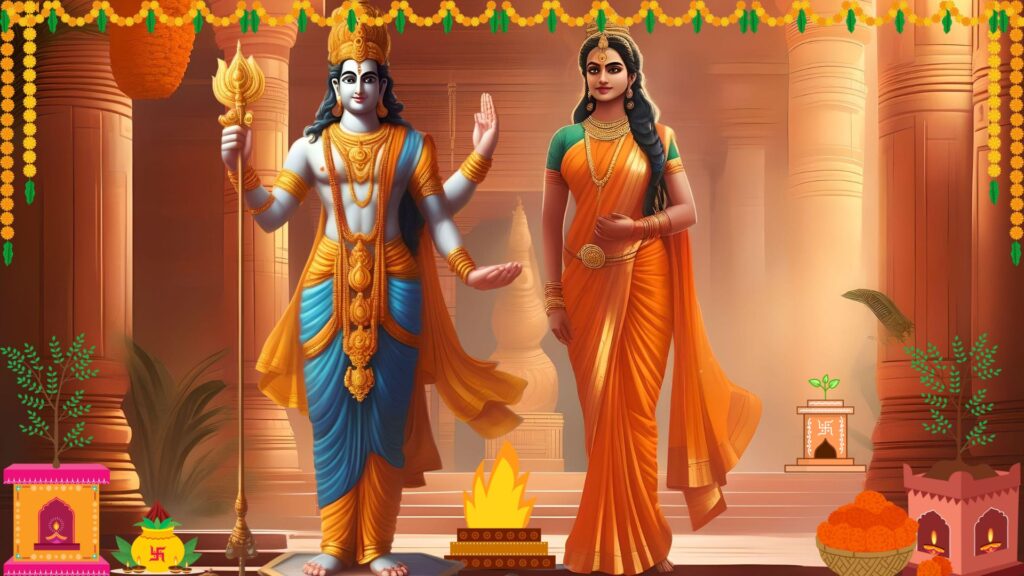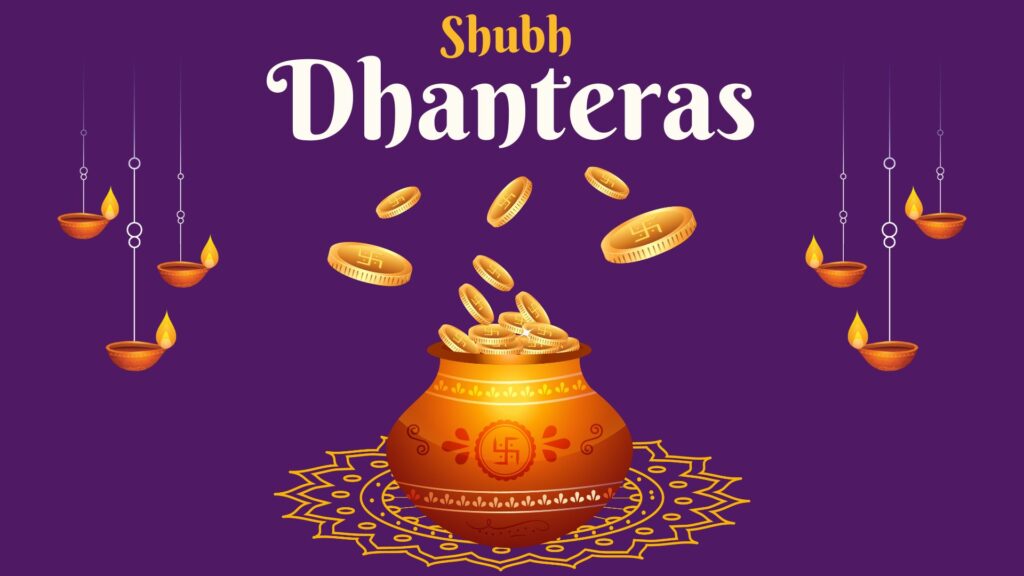Bhajan: Exploring the Divine Melodies
Introduction
Within the domain of Hindu devotional music, a vibrant and opulent tradition called Bhajan is present. The term “Bhajan,” which originates from the Sanskrit word for “singing to glorify God,” refers to a category of devotional songs and hymns that engross the emotions and spirits of millions. Musical manifestations of affection and allegiance are profoundly ingrained within the cultural fabric of India, serving as an essential component of religious observances, communal assemblies, and individual spiritual routines.
Etymology of Bhajan
The appellation “Bhajan” is derived from the Sanskrit root word “bhaj,” which means “to share” or “to adore.” The aforementioned etymology aptly captures the intrinsic nature of Bhajan, which is the expression of reverence and veneration for the divine via musical means. By partaking in the harmonious performance of Bhajans, adherents strive to forge a deep spiritual bond with the divine and motivate others to initiate similar voyages.
Historical Roots of Bhajan
Bhajan originated in ancient civilizations, where it was employed as a religious manifestation within diverse Hindu traditions. The inception of Bhajan can be traced back to the Bhakti movement, which originated in medieval India with the aim of achieving spiritual enlightenment via profound devotion and adoration for the divine. Prominent Bhakti poets and gurus, including Kabir, Mirabai, and Tulsidas, significantly contributed to the dissemination of Bhajan and its universal accessibility.
The Essence of Bhajans
Bhajan, at its essence, embodies reverence, affection, and submission to the divine. Spiritual searchers can utilize it to transcend the limitations of the material realm and become fully absorbed in the divine domain. In Bhajans, the benevolence and celestial attributes of numerous deities, including Rama, Krishna, Shiva, and Devi, are frequently portrayed in the lyrics. By means of these devotional melodies, adherents endeavor to foster a profound sense of affinity, appreciation, and esteem for the celestial entity that inhabits their existence.
Types of Bhajans
Bhajans come in various forms and musical styles, catering to the diverse preferences and cultural backgrounds of practitioners. Some of the common types of Bhajans include:
- Namasankirtana: These Bhajans involve the repetition of the divine names and mantras, creating a meditative and rhythmic atmosphere that elevates the consciousness of the participants.
- Kirtan: Kirtan is a dynamic form of Bhajan where a lead singer or group leads the congregation in call-and-response chanting. The energetic rhythms and uplifting melodies of Kirtan create an atmosphere of joy and celebration.
- Dhrupad: Dhrupad is a classical form of Bhajan characterized by its slow and contemplative pace. It involves intricate melodic patterns and poetic compositions that delve deep into the spiritual aspects of the divine.
- Bhajan Sampradaya: Bhajan Sampradaya refers to the devotional songs and compositions passed down through specific lineages or traditions. These Bhajans often carry the unique flavor and style of the lineage they belong to, preserving the cultural heritage of the community.
The Role of Bhajans in Spiritual Practices
Bhajans are of great importance in a multitude of spiritual practices, functioning as a vehicle to establish a connection with the divine and achieve personal growth. Bhajans are incorporated into spiritual disciplines in the following ways:
Bhajan as a Meditation Tool
Utilized as a potent instrument for meditation, bhajans empower adherents to develop acute awareness, concentration, and focus. By fully engaging with the rhythmic melodies and sincere lyrics of Bhajans, individuals are able to attain a profound state of introspection, surpassing the constraints of the intellect and establishing a profound connection with their innermost beings.
Bhajan as a Path to Devotion
Bhajans offer a means by which devotees can directly manifest their veneration, devotion, and affection towards the divine. By engaging in the practice of chanting or listening to Bhajans, followers cultivate a profound connection with the divine, which in turn inspires a profound sense of submission and confidence in the divine’s counsel.
Bhajan in Community Gatherings
Bhajans function as a cohesive element during religious observances and communal assemblies. Through the chanting and singing of Bhajans collectively, an environment of harmony is produced, which fosters a sense of spiritual connection and unity among the participants. Participating in these communal Bhajan sessions strengthens the bonds of community and fosters a sense of shared devotion.
Bhajan as a Spiritual Teaching
Bhajans frequently infuse their lyrics with profound philosophical insights and spiritual teachings. Bhajans effortlessly and comprehensibly communicate moral principles and spiritual truths by means of their narrative structure. Through active participation in the Bhajans’ embedded messages, individuals acquire more profound understandings of the spiritual path and discover direction for their personal voyage.
Modern Composers and Singers of Bhajans
Contemporary composers and vocalists have made significant contributions to the Bhajan tradition by introducing their own distinctive styles and interpretations. These artists revitalize an ancient tradition by imbuing it with their artistic sensibilities, thereby expanding its appeal and rendering Bhajans accessible to modern-day listeners. Prominent contemporary Bhajan performers and composers include, among others, Anup Jalota, Krishna Das, Jagjit Singh, and Anuradha Paudwal.
Conclusion
Bhajan, the harmonious manifestation of veneration and affection towards the sacred, occupies a revered position in the sentiments of countless practitioners across the globe. Bhajan, with its enduring harmonies and emotionally evocative lyrics, functions as an intermediary between the material and spiritual domains, encouraging listeners to embark on a profound voyage of introspection and foster a relationship with the divine. With the ongoing flourishing and development of the Bhajan tradition, the resonant melodies it imparts will persist among spiritual seekers, providing consolation, inspiration, and an avenue to access the deity within.








